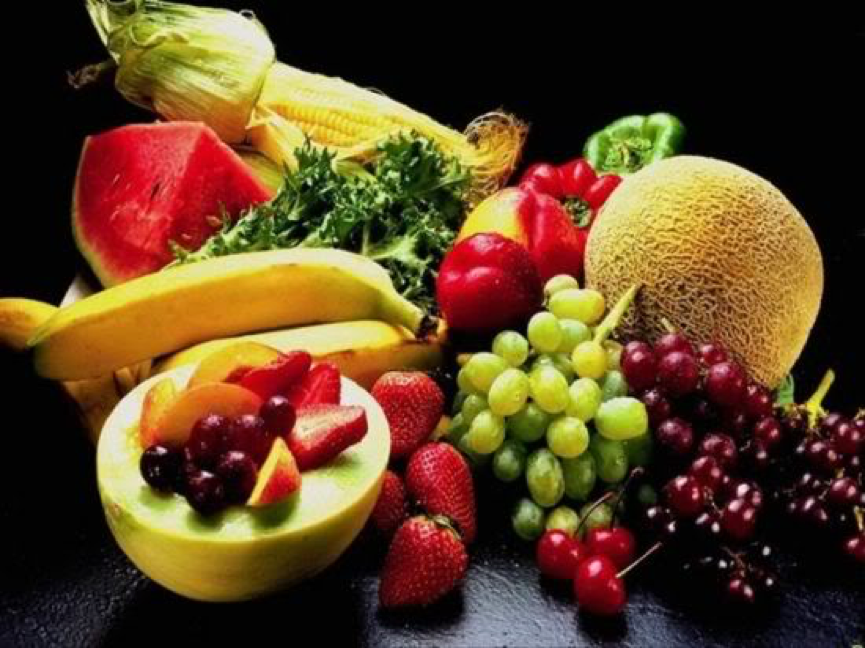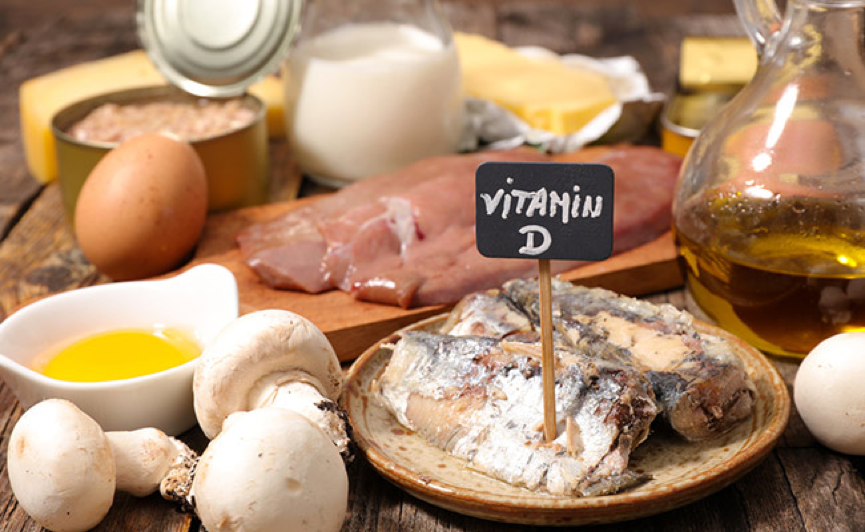A balanced diet can be hard to achieve at the best of times, but pregnancy cravings and intolerances can throw new complications into the mix. To give you some helpful pointers on how to ensure balanced nutrition throughout pregnancy and beyond, we turn to mother of two and osteopath at
The Round Clinic, Inès De Beer.
[pro_ad_display_adzone id=“73367”]

Getting the Right Nutrients
If you’ve recently discovered you’re pregnant – congratulations! Your full attention is obviously focused on the health and wellbeing of your little bundle of joy now. Additional attention given to your nutrition is the first important step. If your nutrition is imbalanced, your body will not be able to absorb all the essential nutrients necessary for optimal development of your baby.
On to the practical side of your diet, it’s important to ingest adequate amounts of all nutrients that are found in a healthy diet each day. This includes proteins, carbohydrates, and fats, but also vitamins, minerals (calcium, magnesium), trace elements (iron, copper, zinc), and fibres. Ensure you have a large variety in your daily food intake such as clean meats, plenty of fatty fish, poultry, eggs, potatoes, pasta, rice and of course, the maximum amount of fruits and seasonal vegetables.
Fats are an indispensable food for the physical and psychological development of your baby, so do not cut them out. A little butter, olive, or coconut oil on toast is an easy addition to your diet and will make a big difference. Also, go for quality products and produce. It’s better to consume small amounts of full dairy foods such as a daily natural yoghurt or some farm butter instead of large quantities of skimmed milk or diet dairy products.
Avoid refined foods as much as possible, such as processed meats, diet products, refined sugar, and inferior fats. Though they may excite our taste buds, they are void of nutrients and only give you ‘empty’ calories.

Which Vitamins, Minerals, and Supplements To Take
Before conception, it is advisable for women to take
vitamin B9, known as
Folate (a natural form of folic acid). This limits the risks of miscarriage and is a necessary component for an optimal foetal neurological development. Folate is best taken as a preventative, or in very early pregnancy.
During your baby’s development,
iron is needed to ensure an adequate increase of the baby’s red blood cells, so it’s important to increase your iron intake. Many women eat less red meat during their pregnancy in an attempt to be healthier, so if this is the case with you, taking an iron supplement is advisable. The absorption of iron is accentuated by
vitamin C, so taking both together is the best option, either in food or as supplements.
Calcium is indispensable for many reasons, especially supporting the skeletal growth of your baby. We find calcium not only in dairy products, but also substantial amounts in fruits (oranges, kiwis, figs), vegetables (lentils, beans), fatty fish (sardines, salmon), seeds, and water.
Speaking of fatty fish, this is an excellent source of
vitamin D which is important during pregnancy for the bone health of your baby. An adequate daily dose must be ensured, either through food or in supplements. Two portions of fatty fish and regular exposure to the sun (in moderation) is said to be sufficient.
With all the will in the world, it can be difficult to meet all the optimal dietary requirements for balanced nutrition. If you notice certain food types are not easily available where you live, or you’re not in the habit of eating them, think of taking supplements to ensure you maintain high enough levels throughout your pregnancy.
Read more! Check out
The Best Prenatal Classes in Hong Kong, and explore the rest of our
Wellness section.
[button color=“#008BD2” size="medium" link="http://eepurl.com/dp_JoH" icon="" target="true"]Subscribe to receive our weekly newsletter[/button]

